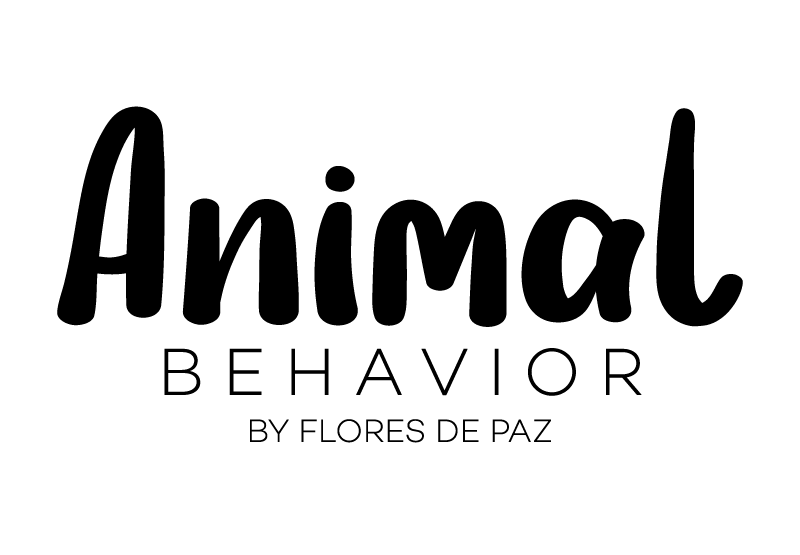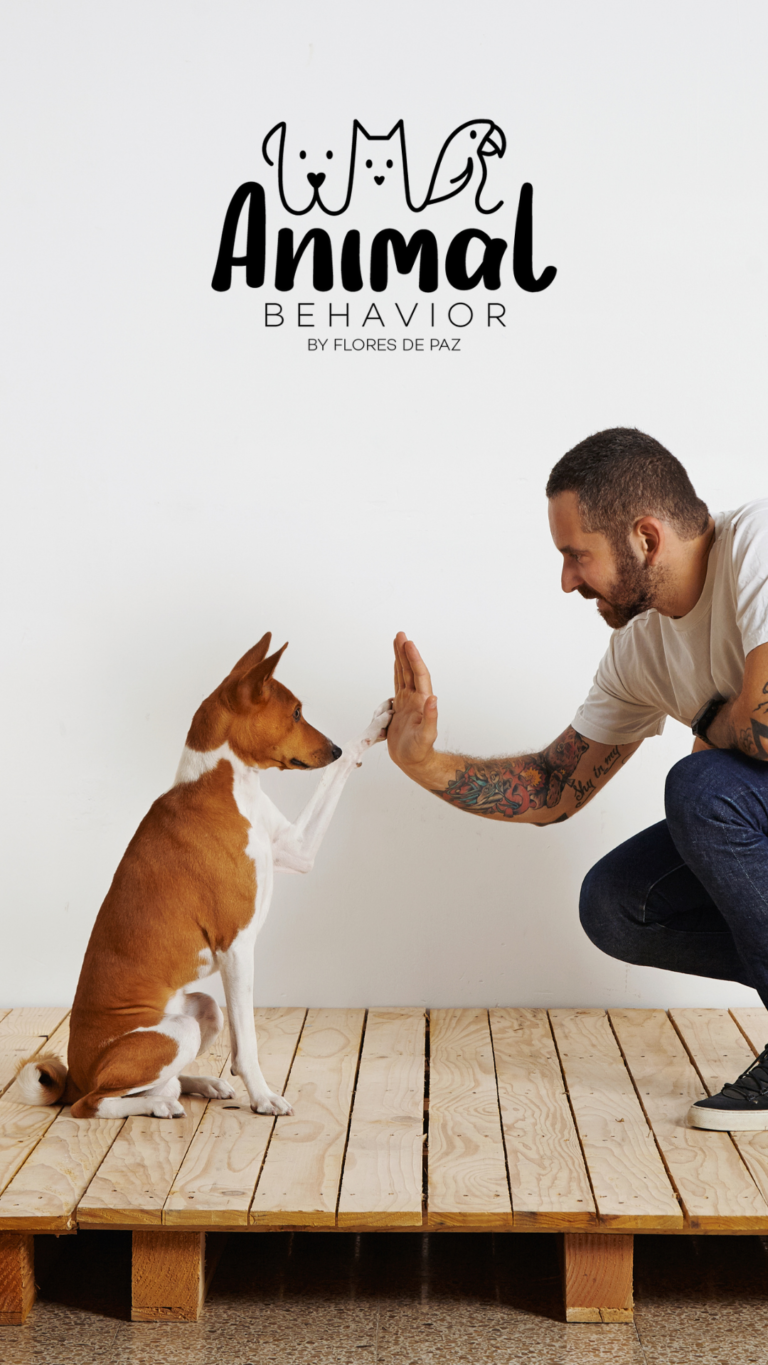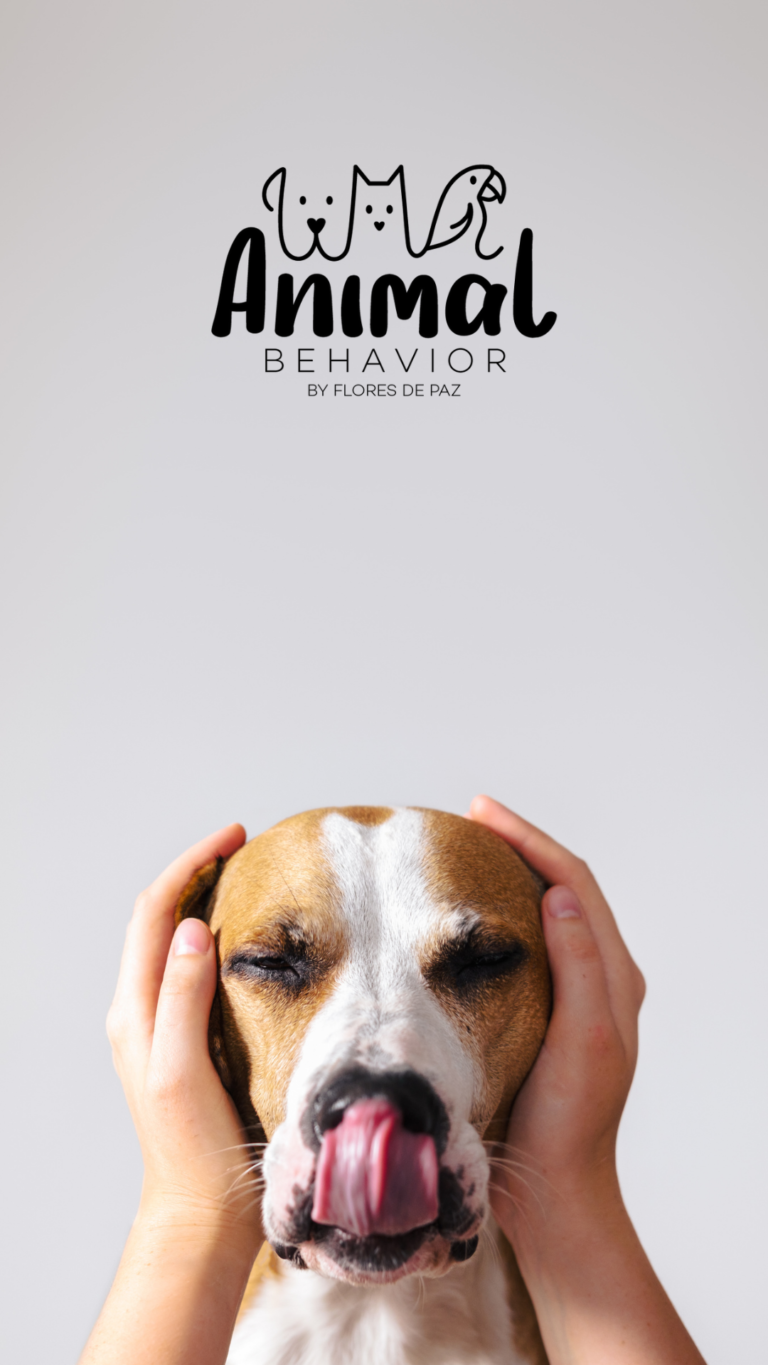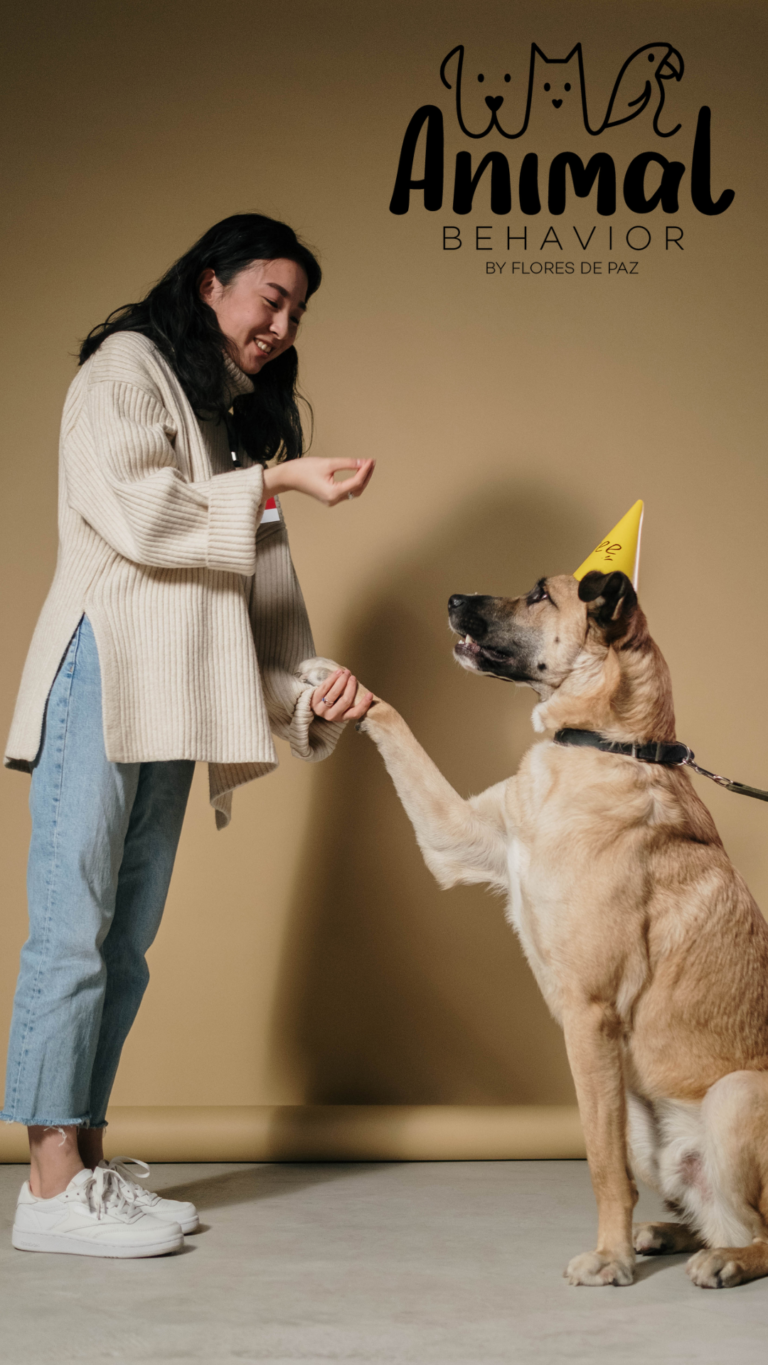Pregnancy is a crucial period in the life of any mammal, including our beloved pets or companion animals (as we call them). During this time, there are hormonal and physical changes in the mother that can also influence the emotional and behavioral development of the offspring (Heavy, right? Just like humans!). In this post, we will explore how the emotional state of the mother during pregnancy can affect the character and behavior of the offspring.

From the very beginning, offspring have an emotional connection with their mother. During pregnancy, maternal hormones such as cortisol and oxytocin can cross the placenta and directly affect the emotional development of the offspring. If the mother is stressed or anxious during pregnancy, these hormones can have a negative impact on the development of the offspring’s nervous system, leading to more anxious or fearful behaviors in adulthood.
Furthermore, the mother also conveys emotional information to her offspring through her behavior and daily interaction. If the mother is constantly exposed to stressful or negative situations during pregnancy, she can transmit that tension to her offspring and condition them to react similarly in stressful situations in the future.
Epigenetic Programming
Epigenetic programming is another mechanism by which the emotional state of the mother can influence the offspring. During pregnancy, certain genes can be activated or deactivated in response to the mother’s emotional environment. These epigenetic changes can have lasting effects on the behavior and stress response of the offspring.
For example, if the mother experiences high levels of stress during pregnancy, this can lead to changes in the expression of genes related to stress regulation in the offspring. As a result, the offspring may have a heightened stress response in adulthood, making them more prone to anxiety or avoidance behaviors.
In addition to hormonal and epigenetic factors, prenatal experiences can also influence the emotional development of the offspring. During pregnancy, offspring can perceive and respond to the mother’s emotional signals. If the mother experiences positive emotions and is surrounded by a calm and stimulating environment, the offspring may develop a more secure and confident disposition.
On the other hand, if the mother is exposed to stressful situations, such as frequent fights or loud noises, the offspring may experience a sense of insecurity and develop increased sensitivity to stress in adulthood.
While the emotional state of the mother during pregnancy can have an impact on the emotional development of the offspring, the role of the caregiver is also crucial. Caregivers, whether human or animal, can provide a loving and secure environment that counteracts any negative impact that may have occurred during pregnancy. An attentive and understanding caregiver can help the offspring develop greater emotional resilience and provide them with the necessary tools to cope with stressful situations.
It is important to note that each animal is unique and may respond differently to prenatal emotional influences. Some offspring may be more sensitive and susceptible to the effects of the mother’s emotional state, while others may show greater adaptability.
In many breeding facilities (remember, adopt, don’t shop!) where purebred dogs are kept locked up (the females) in small cages, and they are mistreated and forced into pregnancy, it is a harsh and traumatic process for the mother. Beware, because the offspring puppies tend to have behavioral problems.
The emotional state of the mother during pregnancy plays an important role in the character and behavior of the offspring. Hormonal factors, epigenetic programming, and prenatal experiences all influence the emotional development of the offspring and can affect their stress response and overall disposition.
As responsible guardians of companion animals, mainly dogs, it is essential to consider the emotional state of the mother during pregnancy and provide the necessary support to both the mother and the offspring. By doing so, we can contribute to raising emotionally balanced animals and foster a positive and healthy relationship between dogs and humans.
Remember, every animal life is valuable and deserves to be raised in a loving and enriching environment that promotes their emotional and behavioral well-being. By understanding and addressing prenatal emotional influences, we can help our pets have a happy and balanced life right from the start.
Are you worried about the mom’s emotional state? Do you have doubts? Do you feel your puppy’s got this problem? Contact us! animalbehavior.com@gmail.com or contacto@floresdepaz.cl



